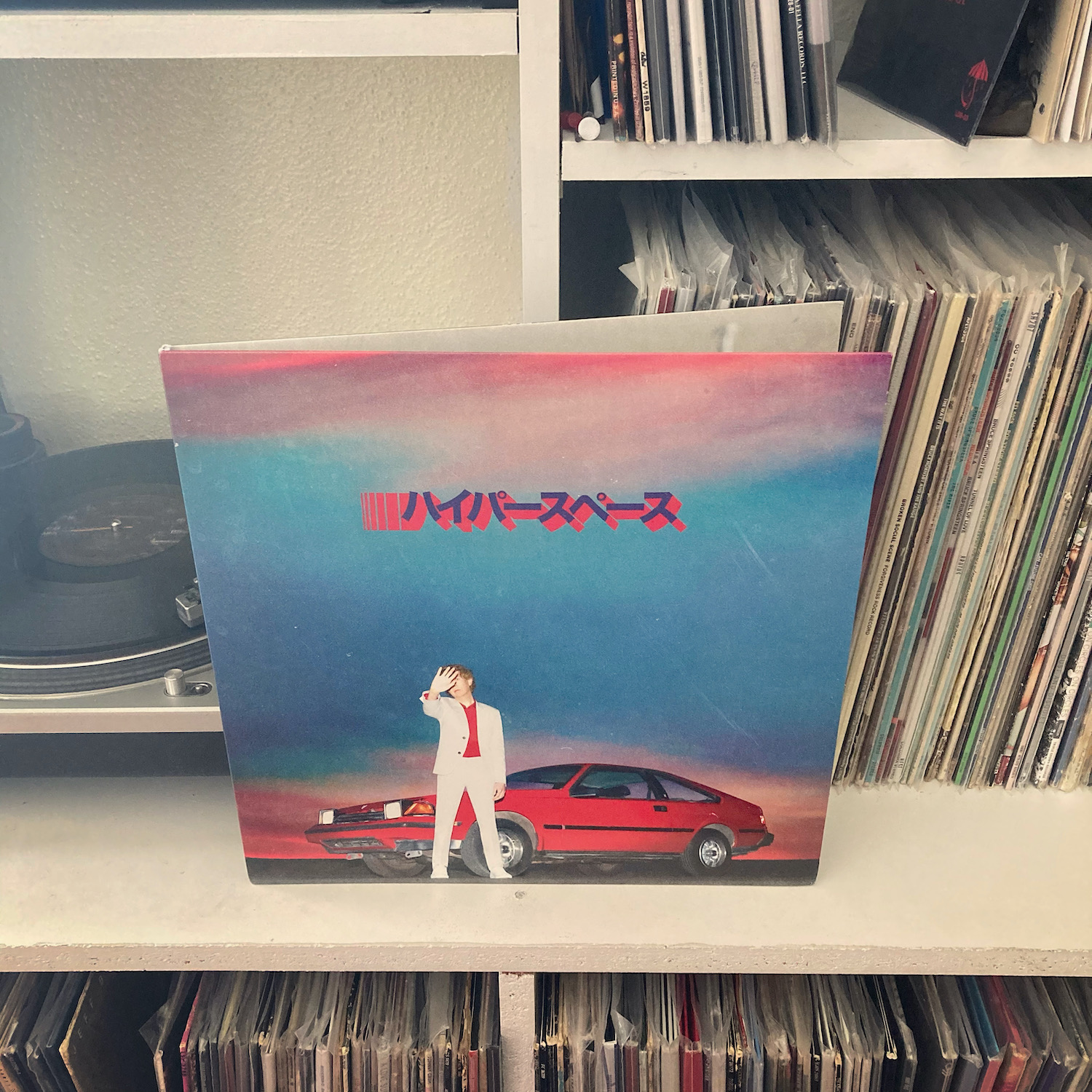
Since scoring the megahit “Loser” nearly thirty years ago, Beck Hansen has established himself as one of the most inventive—and inconsistent—musicians in the mainstream.
His prolific career has run the gamut from Technicolor hip hop to cartoon funk to sparse singer-songwriter ballads to trippy electronica to psychedelic ring leader to fuzzy alt-rock (he wrote all of the Sex Bob-Omb songs in Scott Pilgrim vs. the World), grabbing elements from dub reggae, punk rock, jazz, and country music. The term “chameleon” is thrown around to a lot of artists, but Beck truly embodies that.
While he usually hits more than he misses, his extensive catalogue is not necessarily perfect. Identities are shed and revisited with varying success. But when he does it well, he really does it well.
I certainly love Beck, but I’m hardly a completionist. My introduction was his 2006 sprawling monolith The Information, which is as comprehensive a Beck record as there ever has been. I’ve dug into his discography with varying degrees of seriousness over the years, and certainly found several gems (such as his space country masterpiece Sea Change). Since my introduction, I’ve made it a point to give a listen to every new album. But after the uninspired and flat Colors, I was less inclined to follow him as closely.
So when Hyperspace dropped in November of 2019, I largely ignored it. Recently, I’ve realized that was a mistake, and have taken steps to rectify it.
Hyperspace isn’t a totally new identity—he’s played the interdimensional pop star plenty of times. This time around however, he’s aided by Pharell Williams, who co-produced and co-wrote most of the songs. While Beck has plenty of experience with hip hop, pop, and electronica, Pharell brings with him a fresh take on the fusion. The songs exist in lush, tape-warm atmospheres with glistening keyboards and acoustic guitars and crisp drum machines, Beck’s perpetual slacker-rock croon floating effortlessly between them.
But no doubt thanks to Pharell’s influence Beck’s delivery receives perhaps the most significant shot in the arm since Sea Change. While all of the tunes here are sung rather than rapped (barring Terrell Hines’ verse on “Hyperspace), his voice occasionally shifts into a cadence that is unmistakably hip hop. This is most notable in the wonderful track “Chemical,” which is the most smudged with Pharell’s fingerprints of anything on here, even featuring some trap-like drum spurts.
The couplet of “Hyperlife” and “Uneventful Days” opens the record with a wash of nostalgia-soaked synths before breaking into a busy, rap-ready drum machine driving beneath Beck’s syrupy voice. “Die Waiting” has a similarly bouncing rhythm, this time pushed along with a plunking bass guitar while synths dance behind the melody. The B-side track “Stratosphere” is gorgeously expansive, sounding like an alternate-reality version of Sea Change recorded on a space ship in the 80s. “See Through” finds Beck flexing his soul chops, obscured by robotic autotune that can’t quite hide his tenderness.
Ironically, the most out of place here is the most stereotypically Beck track. “Saw Lightning” has all the old tricks—harmonicas, slide guitars, and plenty of yelled or spoken vocals hidden in the background. It’s certainly not a bad track—it’s a fun romp through familiar terrain. But it feels like a jarring detour on this interplanetary road trip. Thankfully, the detour is short, and it’s early enough in the record that it doesn’t entirely disrupt the trajectory. Halfway through “Die Waiting,” you’ve almost completely forgotten about it.
In all, Hyperspace likely won’t be considered as one of Beck’s masterpieces—that bar is far too high. But this record succeeds in the fact that even on his fourteenth album, Beck still has room for reinvention.